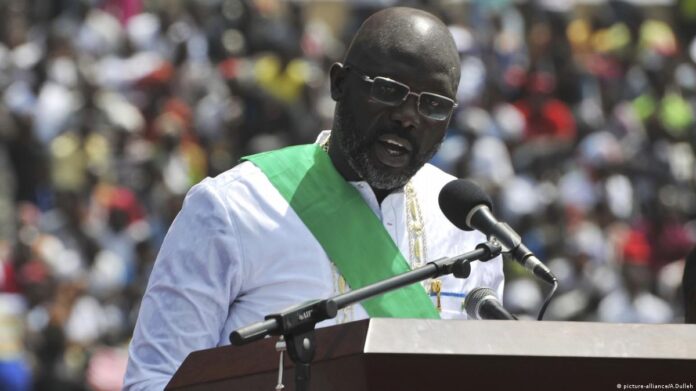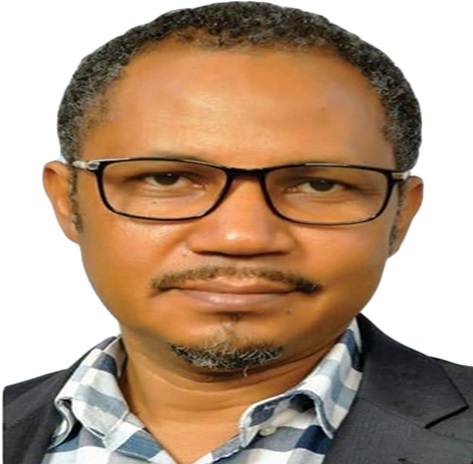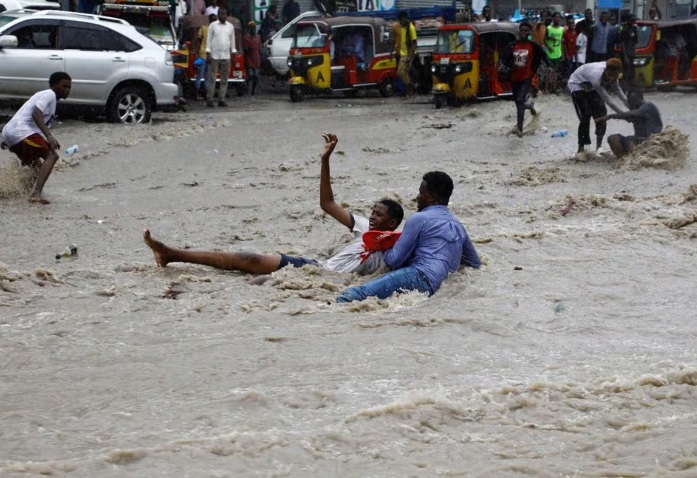MONROVIA – As Liberia prepares for the run-off presidential elections scheduled for November 14, 2023, the issue of corruption continues to loom large in the minds of voters. They will be deciding whether to re-elect President George M. Weah, whose administration has faced allegations of massive corruption or to choose Amb. Joseph N. Boakai. Critics argue that President Weah has failed to effectively combat corruption, in terms of taking action against public officials found guilty of corrupt practices by the General Auditing Commission (GAC).
Opposition figures claim President Weah’s efforts to combat corruption have been unsuccessful during his nearly six-year tenure. Civil society organizations have also voiced concern, noting that the President’s actions appear deliberate, despite repeated calls to take the fight against corruption seriously. They argue that his weakness in addressing corruption has hindered the country’s development.
In the run-off election, President Weah, the standard bearer of the ruling Coalition for Democratic Change (CDC), will face off against Amb. Joseph Nyumah Boakai, the candidate representing the opposition Unity Party. Critics argue that President Weah should not be re-elected due to his failure to adequately address the issue of massive corruption within his administration.
Recently, the Center for Transparency and Accountability in Liberia (CENTAL), one of Liberia’s integrity institutions, expressed concern about the lack of significant efforts to fight corruption in the Weah administration. CENTAL’s executive director, Mr. Anderson Miamen, highlighted the need for more action in addressing the culture of impunity and emphasized the importance of enforcing anti-corruption laws and policies.
Miamen also pointed out that, despite consistently passing the controlling corruption indicator, Liberia still struggles to robustly enforce anti-corruption laws and policies and to hold high-profile public officials accountable for corruption. The US government has imposed sanctions on Senator Prince Y. Johnson, Senator Varney Sherman, and other former senior public officials for significant corruption, yet they have not been investigated or prosecuted by the Liberian government. Additionally, multiple audit reports released by the General Auditing Commission (GAC) implicate several individuals but have not led to concrete actions.
CENTAL calls on the government to intensify its efforts in combating corruption and not become complacent due to its performance on paper. While Liberia has often passed the controlling corruption indicator, corruption continues to persist due to a lack of political will and poor implementation of laws. The organization urges the government to translate its anti-corruption measures into tangible results that improve the quality of life for the Liberian people.
CENTAL also emphasizes the importance of continuous improvement and collaboration with development partners, civil society, the media, and other stakeholders to sustain and enhance the progress made in combating corruption. It calls on the government to address areas where it has fallen short, including regulatory quality, government effectiveness, girls’ primary education completion rate, education expenditure, natural resource protection, and child health.







